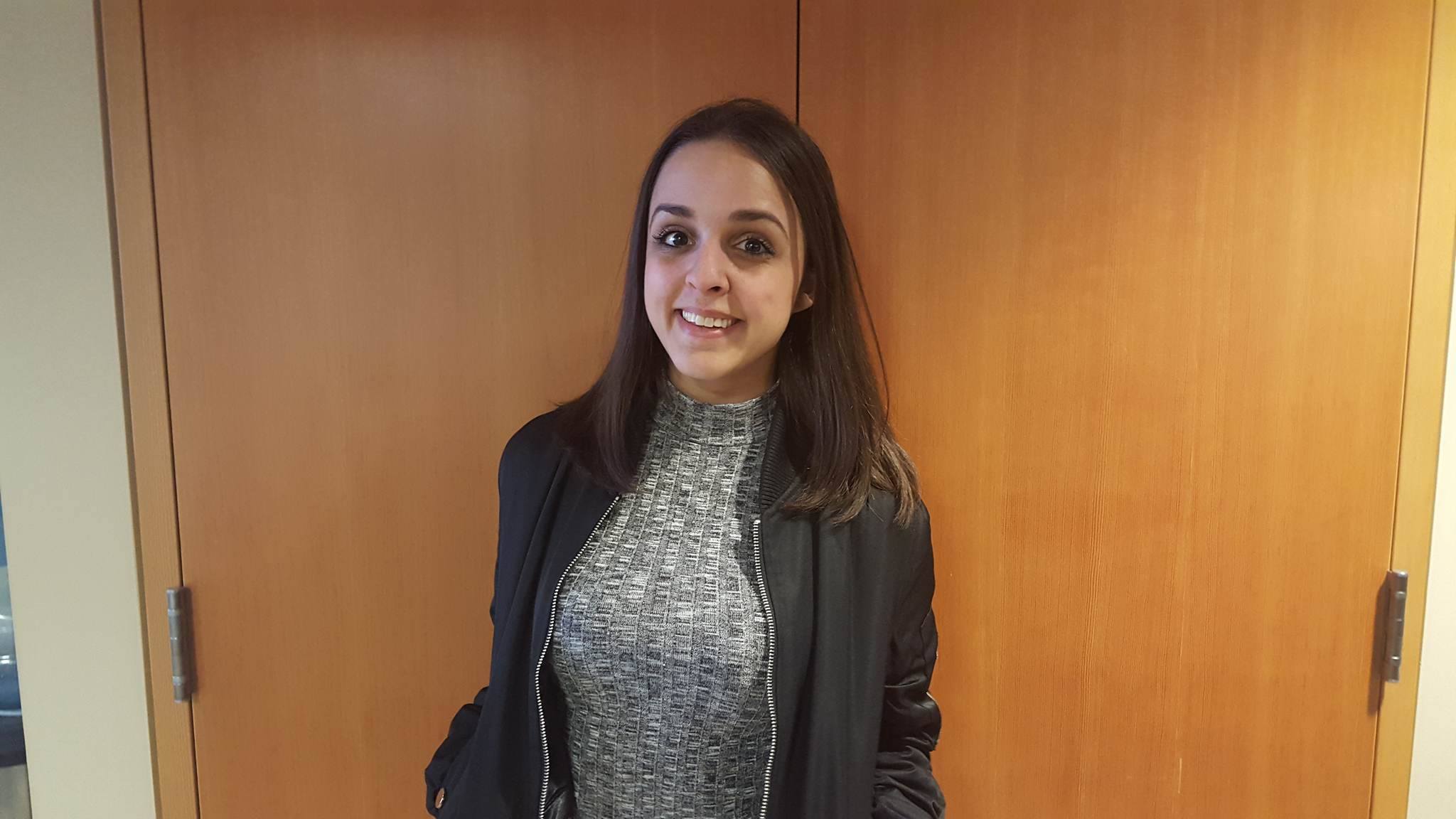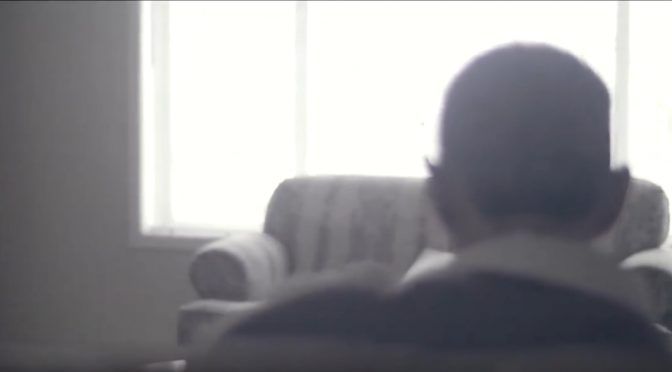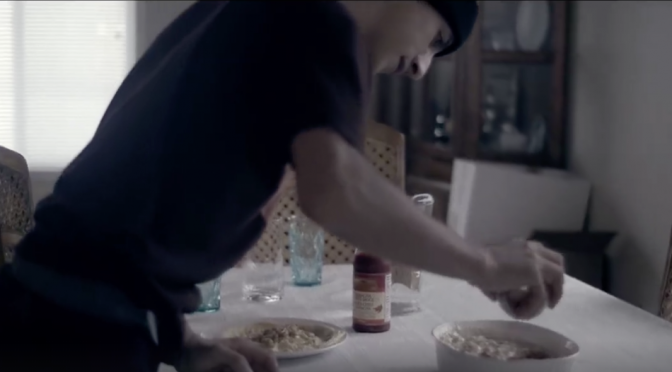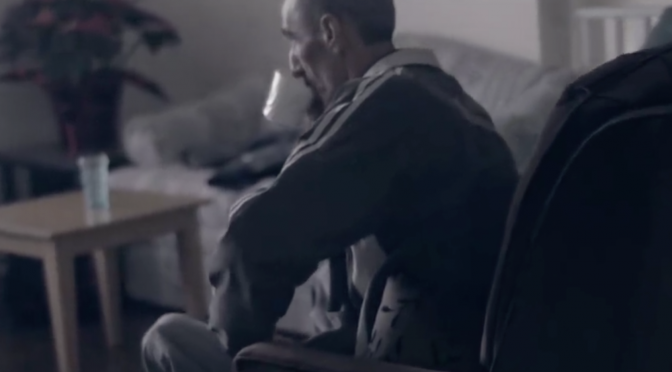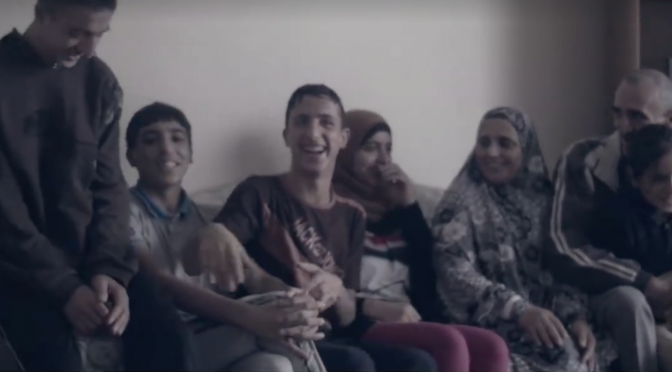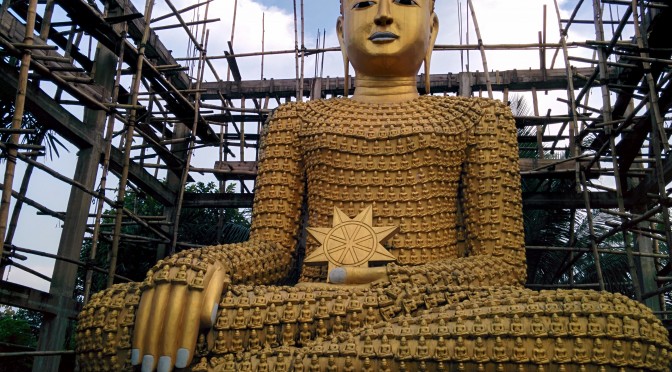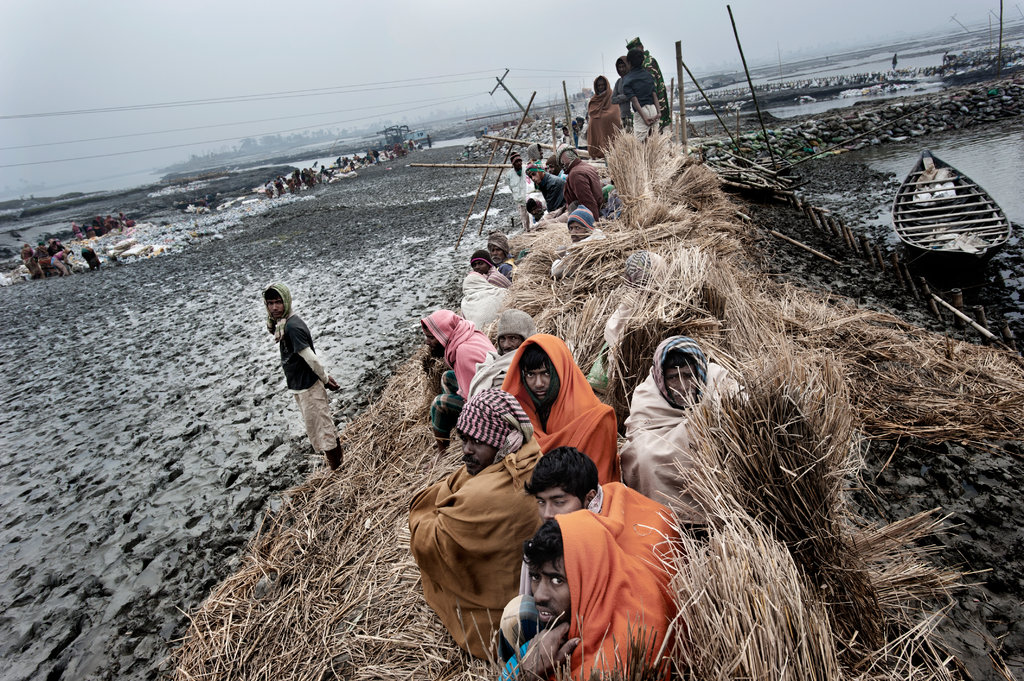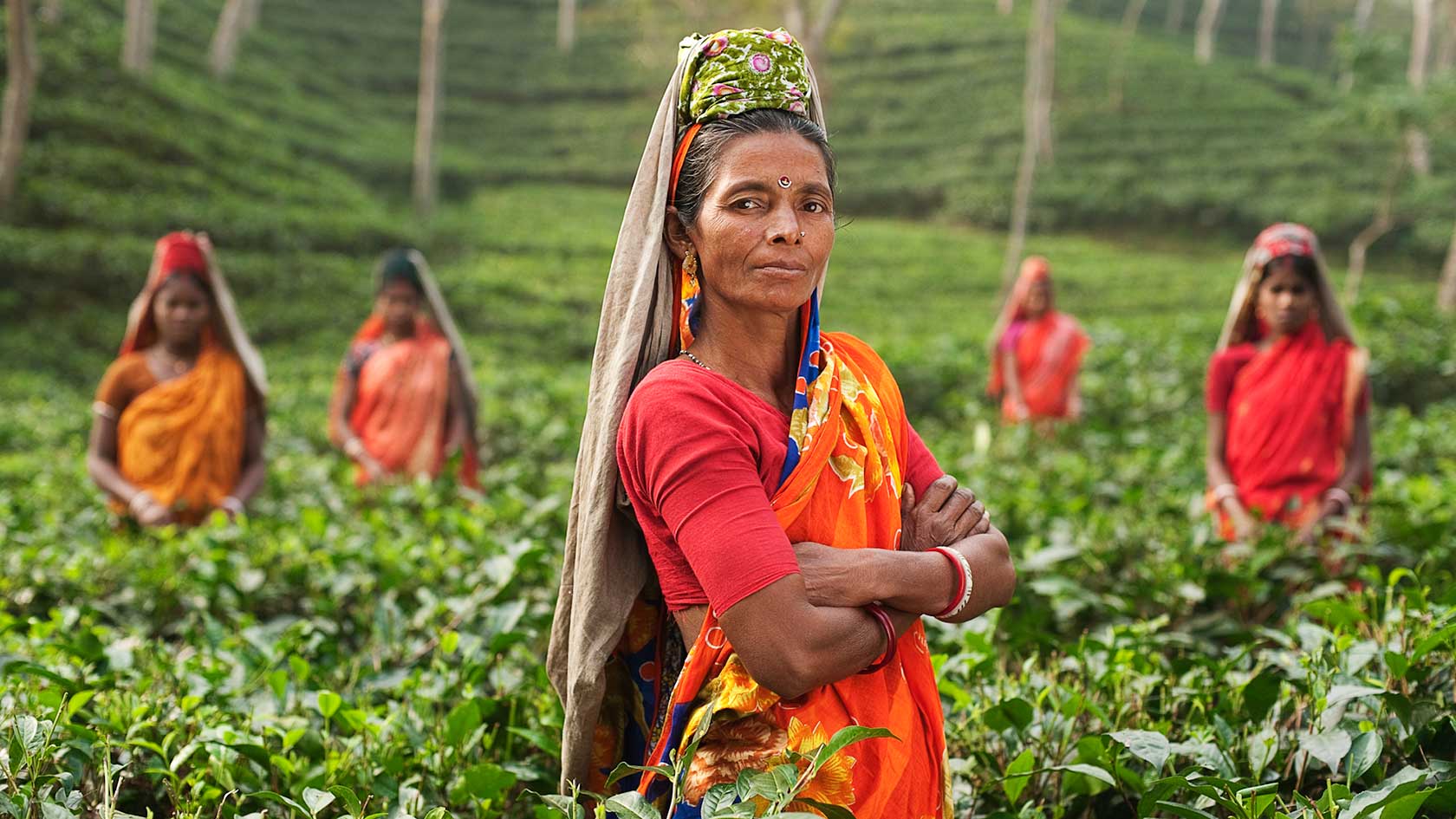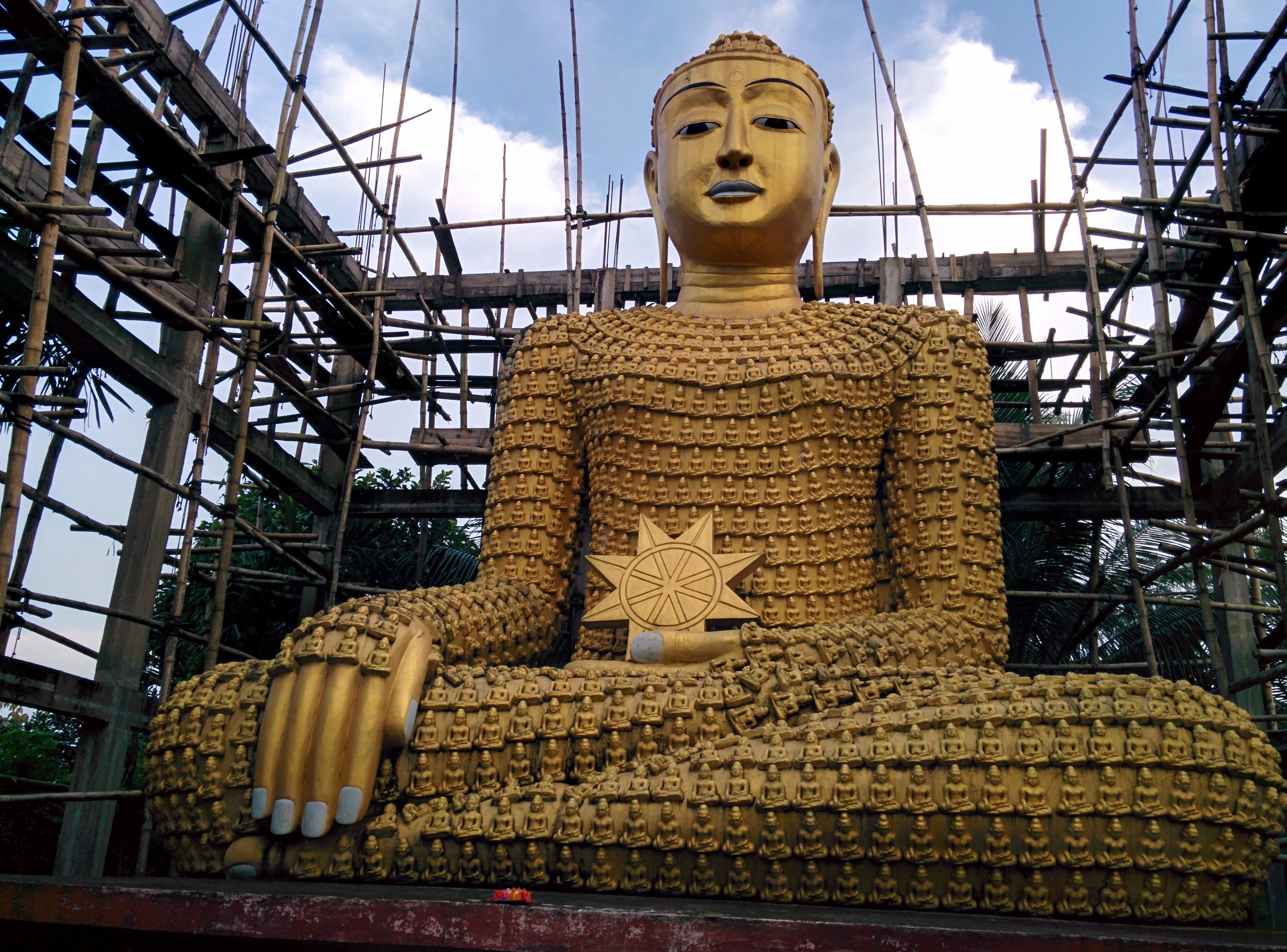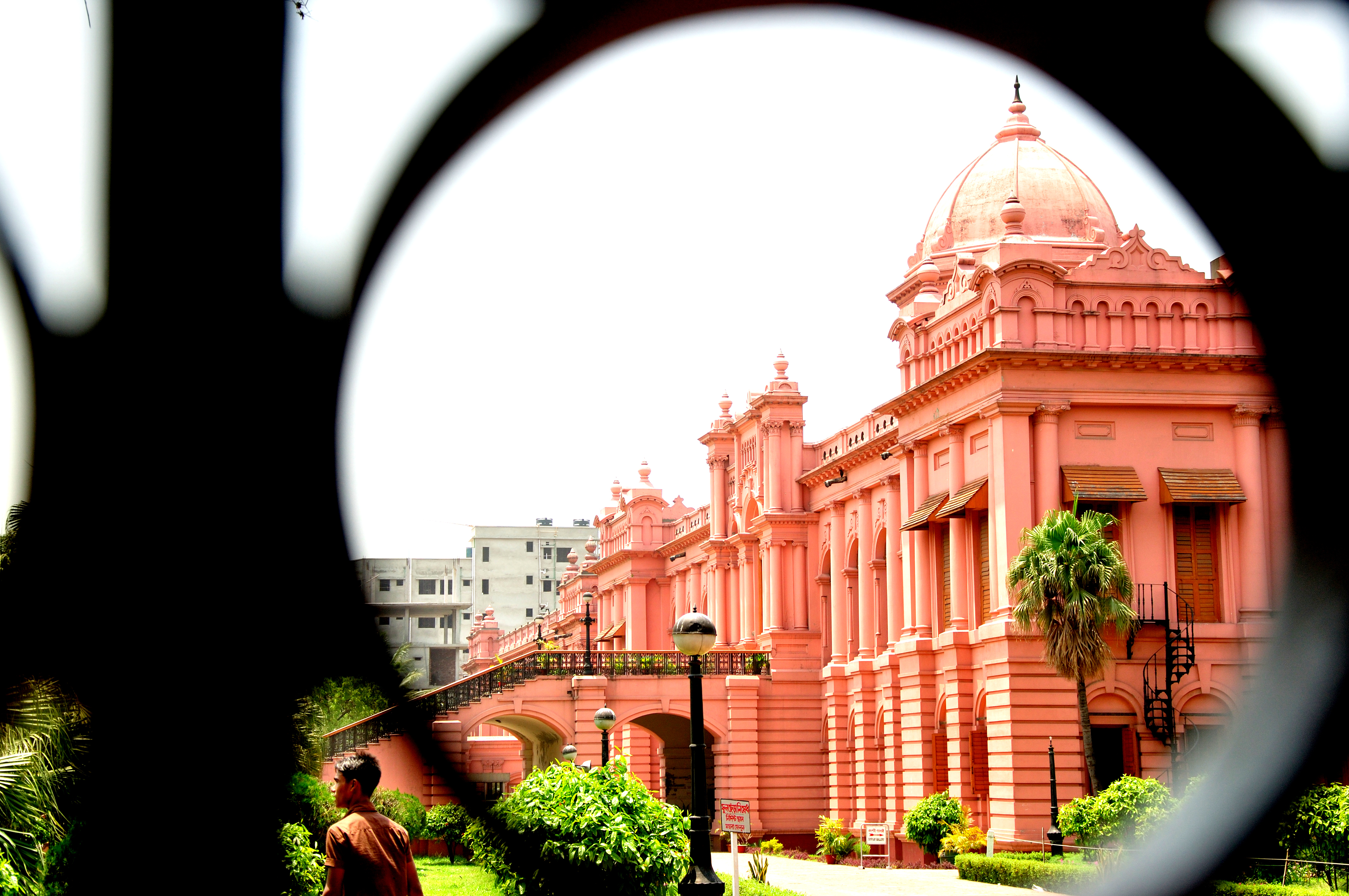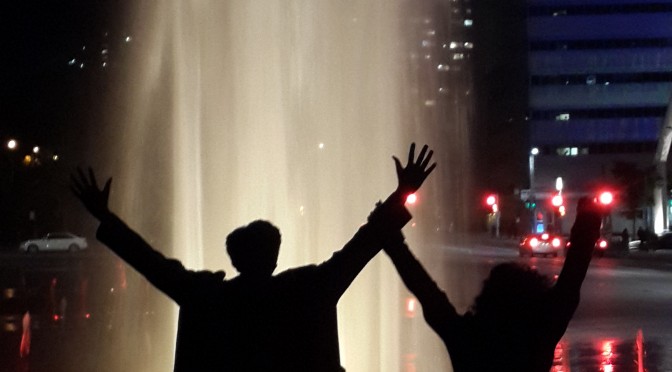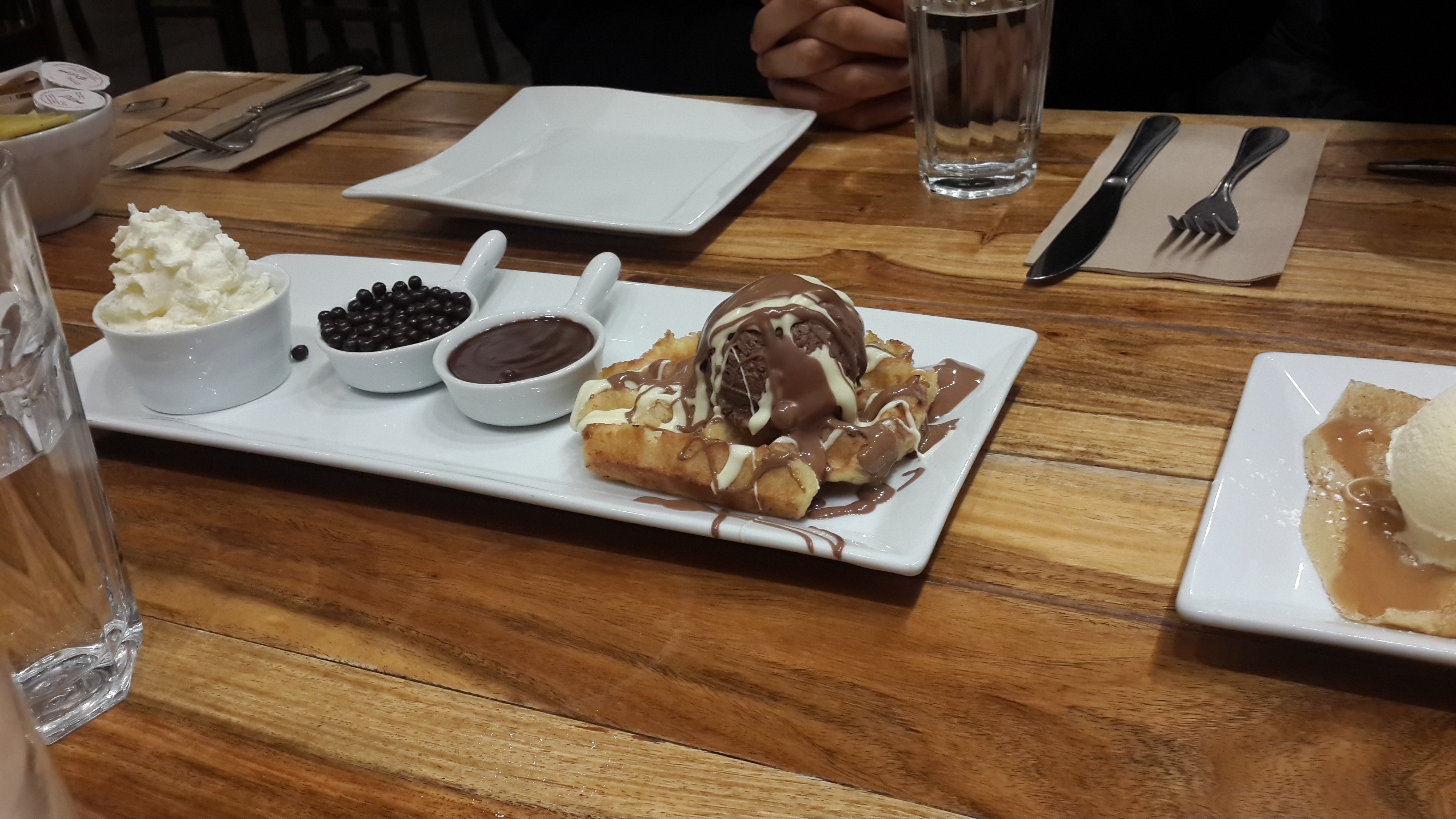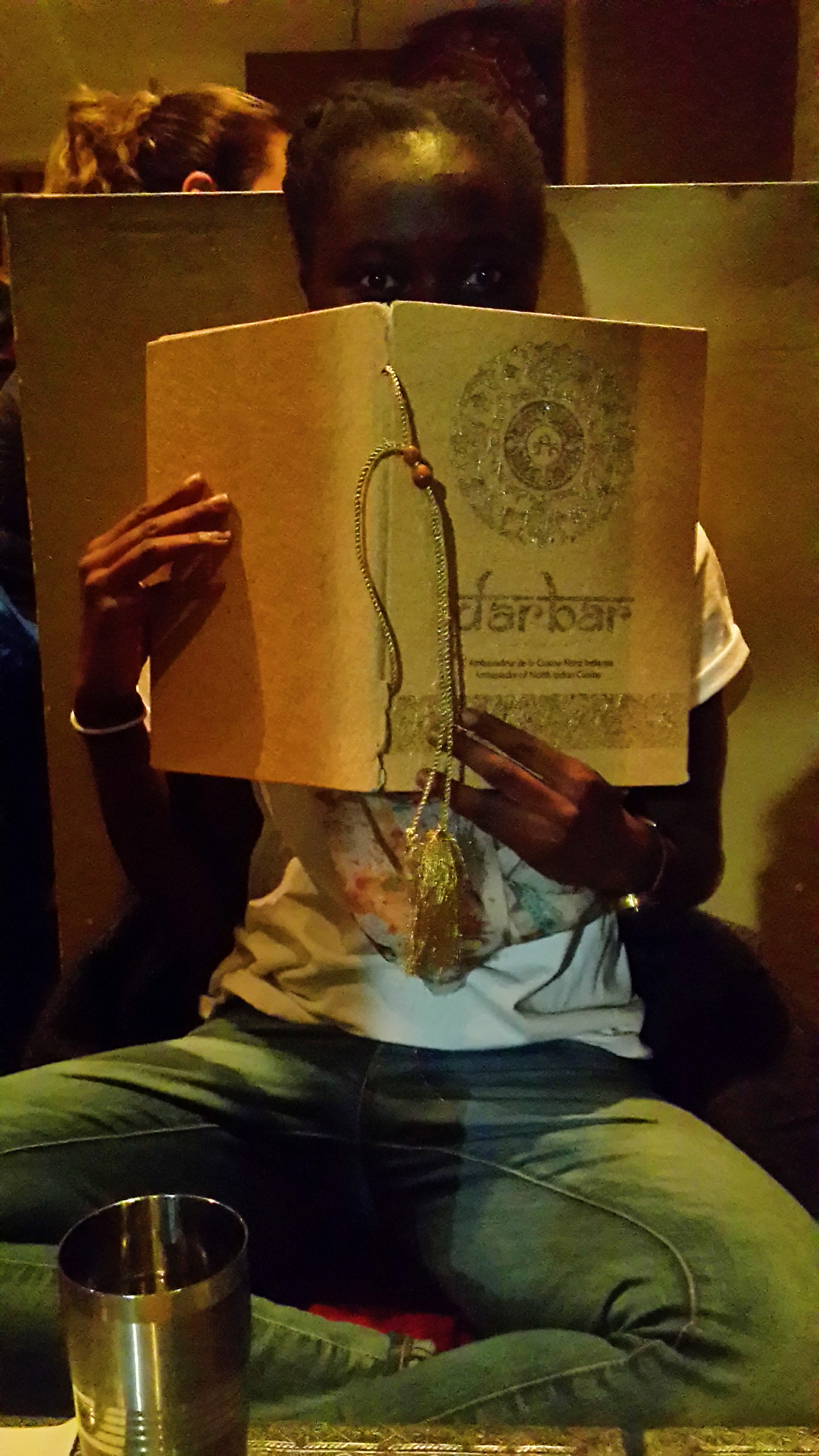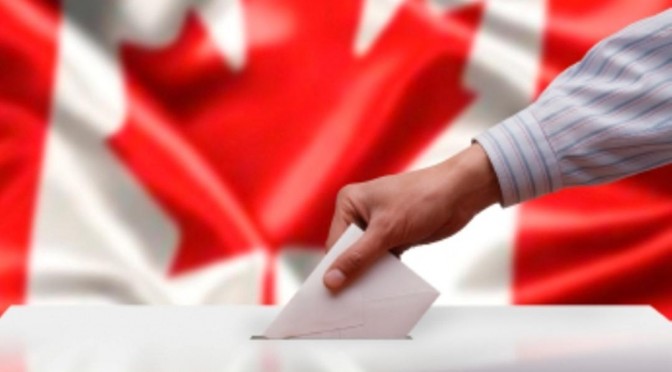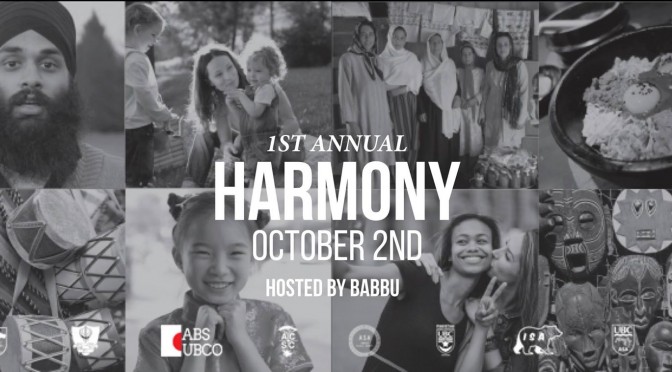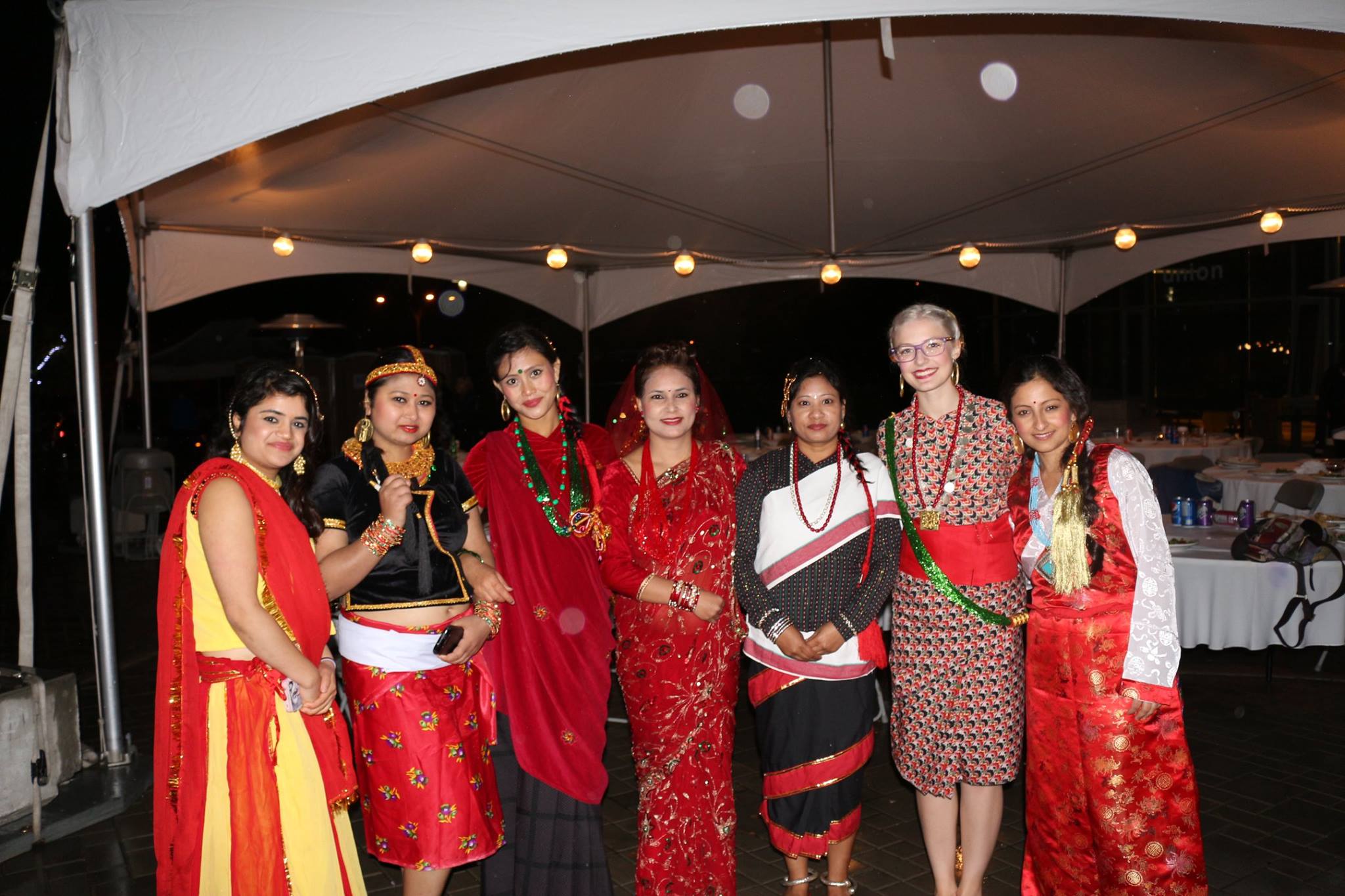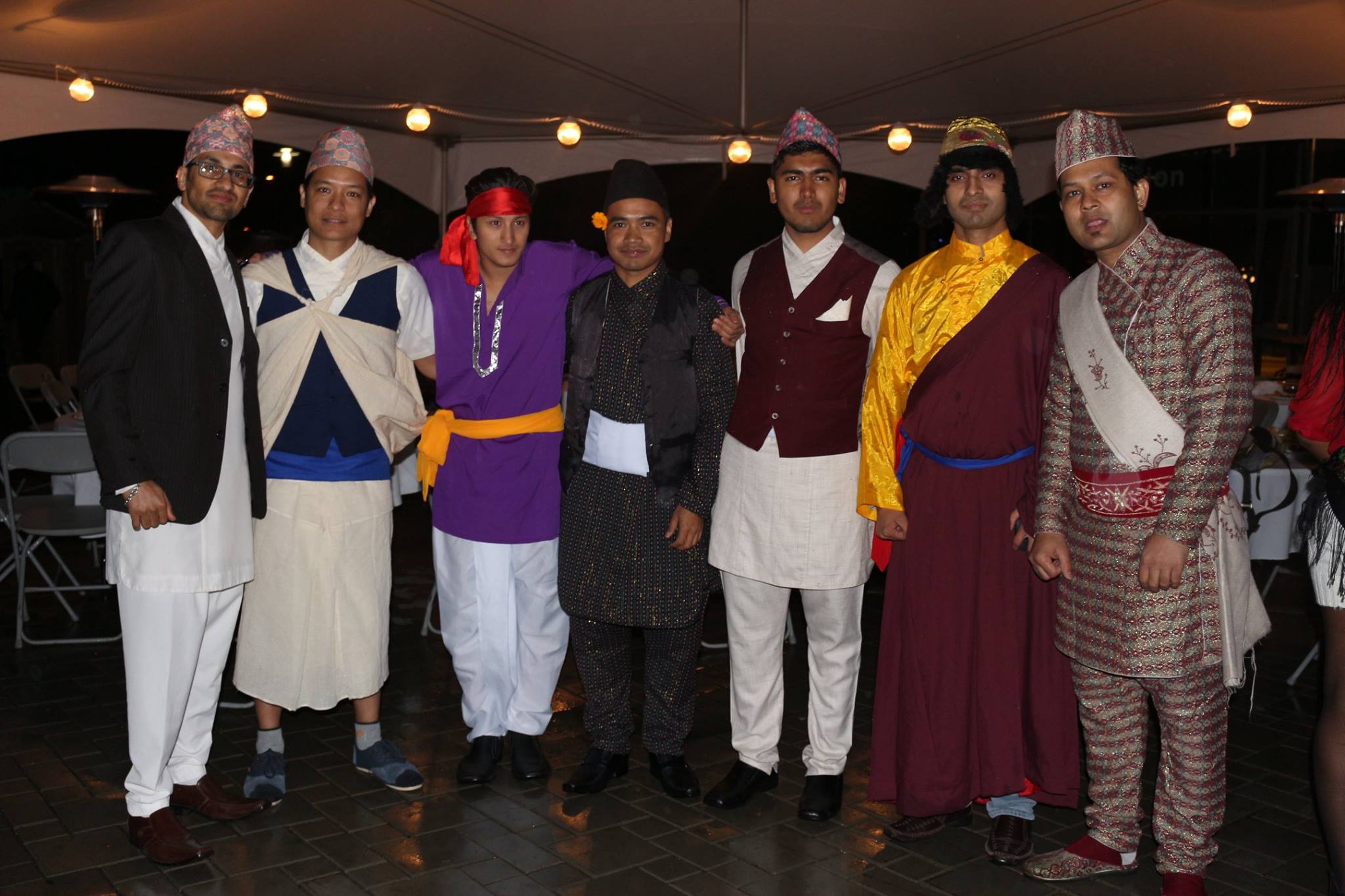Everyone is aware of the Syrian civil war and the refugee crisis that has unfolded as a result. We all have read about the plight of the refugees, the reluctance of some nations to embrace them and the willingness of some to welcome them. Seeing such tragedy makes many of us want to help in any way possible. But we often don’t have that opportunity because we cannot physically go there and help. However, an opportunity was created by the Syrian Charity Gala which was held on 10th March in Laurel Packinghouse in downtown Kelowna. The event was organized by Fatima Zahra Sentissi, in support with UBC Students Union Okanagan (UBCSUO) and International Programs and Services (IPS).
Fatima is a 4th year Management student from Morocco. When she read about all that was happening to Syrians, she wanted to do something to help. She approached Romey Jaswal of UBCSUO. Romey was leading a Syrian Medical Relief Drive, raising money to collect medical supplies to send to field hospitals in Syria. He had successfully collected over $20,000 in retail worth of medical supplies from different individuals and entities in Kelowna. Fatima wanted to contribute to this initiative. She came up with the idea of organizing a Syrian Relief Charity Gala, which would not only raise money through donations and ticket sales but also create more awareness about the situation.
With financial and logistical support from UBCSUO and IPS, Fatima put together the gala. On the night of March 10th, Laurel Packinghouse was packed with UBCO students and individuals from the Kelowna community, including the Mayor of Kelowna. Every individual who bought a ticket to the event or made a donation did so because it gave them the opportunity to finally help in this crisis.
The event included some phenomenal performances from UBCO students and clubs such as UBCO Beats, Asian Student Association, African-Carribbean Club, Nosa and Czarina. Two performances that were particularly moving were a spoken word poem and a presentation, both done by Syrian undergraduate students at UBCO.
The poetry was recited by Marya Atassi. Through her performance, Marya conveyed the bitter truth about how refugees are viewed as outcasts no matter where they are. She wanted to convey that the victims of the war are the refugees who have lost their homes, how they are human beings just like us and wanted to belong to a community just like us. Her words left an impact on the audience about how the struggle for refugees doesn’t end in just reaching a safe country. It continues with making the country their new home.
On the other hand, the presentation was done by Karam Alshelh, another UBCO undergraduate student. The room went dark. Karam used visuals and sounds and explained the stark reality of the Syrian civil war. He showed pictures of his hometown before the war; it had beautiful streets and houses. But when he showed the images of the same places after the war, it sent a shiver down everyone’s spine. To see the difference and hear from a person who has lived there about his beautiful definition of home and what it had turned to, the war became that much more real.
With over 200 people attending, the gala raised $2000 in ticket sales and $500 from donations. The money was contributed towards the Syrian Medical Relief Drive. This gala enabled UBCO students and the Kelowna community to unite and show that we stand with the Syrians. We might be far away from them but we wish the best for them and hope that there is a peaceful solution to the conflict.

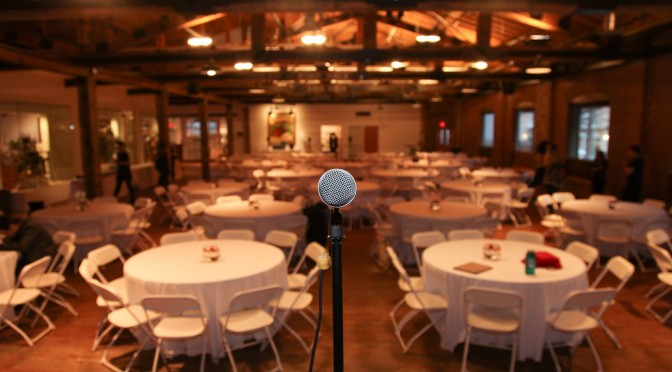
 Follow
Follow
